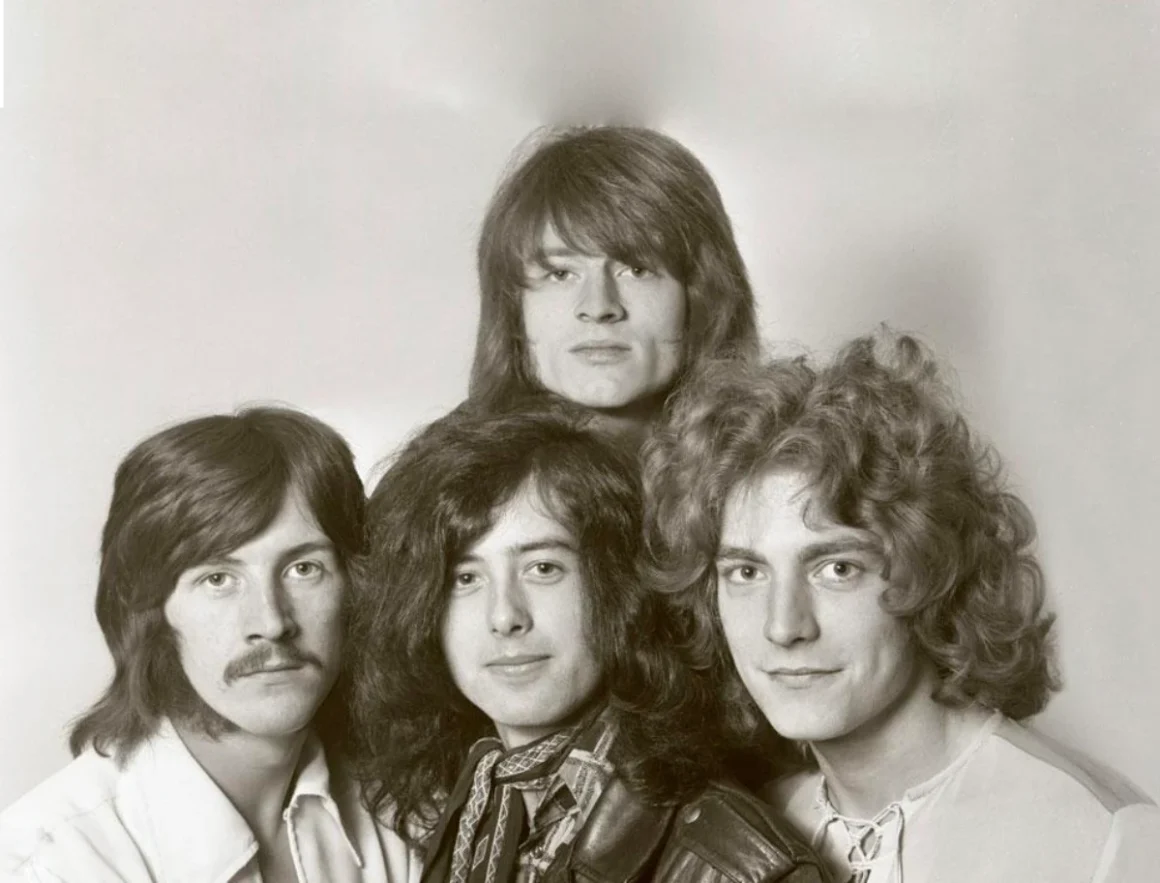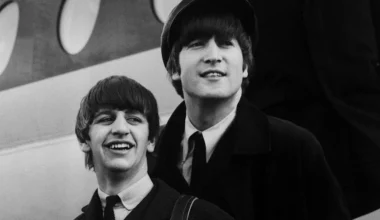The Beatles are often hailed as the most influential band in the world, known for reshaping music, culture, and aesthetics across the globe. Their impact went far beyond catchy tunes—they introduced deeper themes and social commentary, inspired by artists like Bob Dylan, and proved that pop could be profound. They didn’t just entertain; they shaped a generation’s ideals and aesthetics, setting standards that still resonate today.
But The Beatles didn’t achieve their iconic status overnight. The band took time to hone its craft, gaining early insights from Little Richard during their Hamburg days and discovering a new sound after trying marijuana with Dylan in New York. By the time they released Rubber Soul in 1965, Beatlemania had swept the world. Their U.S. debut on The Ed Sullivan Show in 1964 captured millions and turned them into the ultimate symbols of youth culture.
After Rubber Soul, The Beatles transformed completely, moving away from their early sound to create music that shattered conventional boundaries. They pioneered psychedelic rock, turned the recording studio into an instrument, and made album aesthetics integral to artistry. Their innovations were so groundbreaking that entire university courses now study the profound impact of their work.
Yet, as The Beatles neared the end of their reign, another band rose to challenge their dominance: Led Zeppelin. Founded by guitarist Jimmy Page in 1968, Led Zeppelin emerged from the remnants of The Yardbirds and soon after rebranded, partly inspired by a joke from The Who’s drummer, Keith Moon. With a lineup that included vocalist Robert Plant, bassist and multi-instrumentalist John Paul Jones, and drummer John Bonham, Zeppelin brought a powerful blend of hard rock, blues, and psychedelia that struck a chord with a new generation.
While their 1969 debut album made a splash, it was Led Zeppelin II, released later that same year, that signaled a seismic shift in rock music. Featuring hits like “Whole Lotta Love” and “Ramble On,” the album pushed them to the top, dethroning Abbey Road from the number one spot during the 1969 Christmas season. With this success, Led Zeppelin marked the beginning of a new era, symbolizing the rise of heavy, guitar-centric rock.
As Abbey Road and Led Zeppelin II alternated at the top of the charts, the transition from The Beatles to Led Zeppelin became clear. By the time The Beatles released their final album, Let It Be, in May 1970, Led Zeppelin’s III had arrived, sparking even greater intrigue around their evolving sound. This turning point marked a shift in music, with Led Zeppelin spearheading an era of esoteric, expansive rock that would dominate the 1970s. In 1973, their influence reached new heights when they broke The Beatles’ concert attendance record, originally set at Shea Stadium, with a historic show in Tampa, Florida.
Led Zeppelin’s drummer, John Bonham, spoke to the shift in rock audiences, noting that fans were coming for the music itself, not just the band’s image.
Reflecting on his early experiences, he said, “When I first went to see The Beatles, it was to look at them; you weren’t really bothered what you were listening to. Today it’s not what you are, it’s what you’re playing.”
This evolution highlighted Led Zeppelin’s role in redefining rock as an art form focused on skill and sound over celebrity.
Did Led Zeppelin have a greater impact on rock than The Beatles? While The Beatles revolutionized songwriting and social commentary, Zeppelin redefined the guitar band, amplifying rock’s intensity and artistry. Jimmy Page, who had honed his craft with The Yardbirds, brought a heavy, inventive style to Zeppelin that pushed rock into uncharted territory.
His pioneering guitar work on songs like “Kashmir,” “When the Levee Breaks,” and “Achilles Last Stand” showcased a depth that set the band apart from the simpler pop sounds of the 1960s. While Jimi Hendrix pushed similar boundaries, Page’s conceptual and dynamic approach sustained Zeppelin’s impact over their 12-year career.
For all their achievements, Led Zeppelin stood on the shoulders of The Beatles, who had redefined music in a way that allowed bands like Zeppelin, Black Sabbath, and Deep Purple to flourish. The Beatles introduced the spirit of experimentation, and though they retreated from live performances, their innovation paved the way for Zeppelin’s era of stadium rock. Today, while The Beatles remain cultural icons, Led Zeppelin’s legacy echoes in rock’s thunderous, guitar-driven sound—a lasting testament to their influence on the genre’s evolution.







